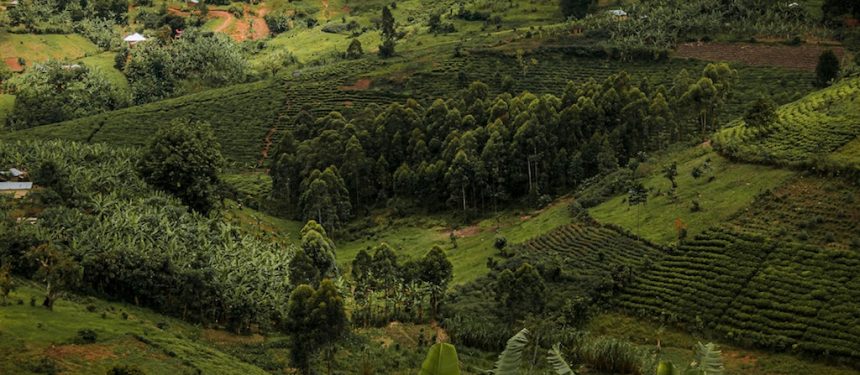One of Africa’s largest universities network has launched a regional e-learning platform that will help facilitate universities to use IT to improve teaching and learning among the continent’s higher learning institutions.
News and business analysis for Professionals in International Education
Have some pie!
Africa: e-learning platform launched for agriculture HE
 Photo: pexels
Photo: pexels The Regional Universities Forum for Capacity, an organisation made up of 143 universities in 38 African countries, is piloting the platform in universities spread across the countries of Uganda, Malawi and Zambia, and is targeted at priority agriculture education course programs.
The platform is the first and one of the pillars of the African Digital Agriculture Programme, an initiative meant to harness digital technologies for agricultural transformation of Africa, and enhance higher agricultural education in the continent’s universities.
The Arab Bank for Economic Development in Africa is supporting the digital learning platform, with a number of co-funders also coming on board to supplement the bank’s seed money, said Francis Otto, Knowledge Hub manager at RUFORUM.
“Many universities in Africa still lag behind and have been severely affected by especially the Covid-19 pandemic”
“Although many higher education institutions world-wide have moved towards adoption of e-learning, many universities in Africa still lag behind and have been severely affected by especially the Covid-19 pandemic,” he told the Seventh African Higher Education Week & RUFORUM Triennial Conference 2021 taking place in West African country of Benin.
Some 12 universities both public and privately owned have been picked for the pilot, explained Otto. “From the needs assessment survey conducted, 12 institutions were identified as having limited human capacity and infrastructure to operate e-learning platforms yet they have demonstrated the need to implement e-learning”, he explained on selection of pilot universities he noted.
The Commonwealth of Learning, Carnegie Corporation of New York, the Mastercard Foundation, and the Bill and Melinda Gates Foundation are the other co-funders of the platform, he disclosed.
So far promoters of the platform have developed blended educational material, and even more important, identified and selected “market-demanded courses” for different universities, to be offered on the platform.
A total of 13 courses have been selected in research, science, IT, project management, and in agriculture fields, for inclusion in the e-learning platform. They include Research Methods, Scientific Data Management, and popular agriculture fields such as Plant Breeding, Agri-business, Climate-smart Agriculture and in Biotechnology and Seeds Systems.
Promoters of the platform were working with two ‘focus’ universities Lilongwe University of Agriculture and Natural Resources of Malawi and Uganda’s Makerere University and 10 others to support capacity building in online teaching and learning for both staff and students, Otto disclosed.
Going forward, the official noted, training a pool of content developers will be escalated and as well as that of course instructors. Skills development training in use of digital technologies for university administrative staff will also be conducted.
Deployment of IT for remote learning has become urgent in Africa since the advent of Covid-19, however numerous challenges including lack of electricity, poor broadband connectivity, lack of gadgets and low human capacity to conduct online teaching has impeded this.
Still looking? Find by category:


